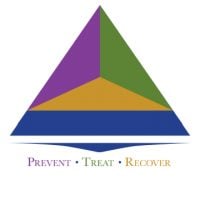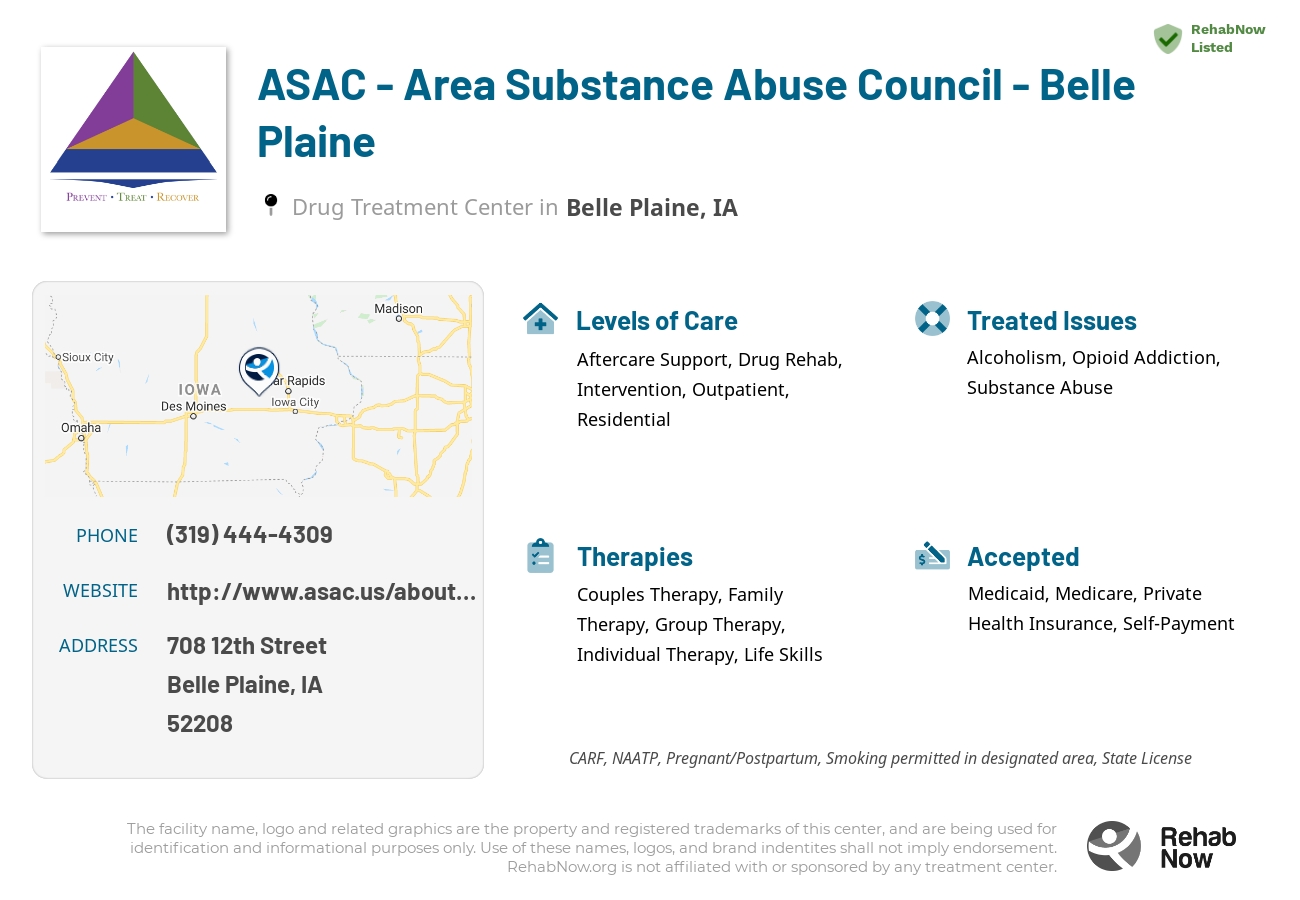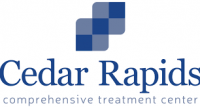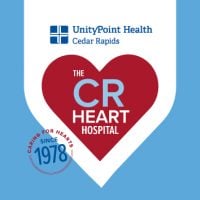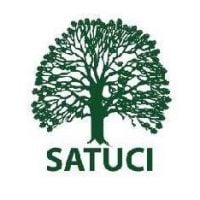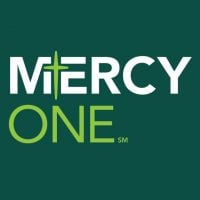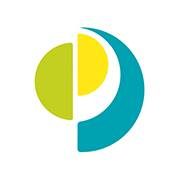ASAC - Area Substance Abuse Council - Belle Plaine
Drug Rehab Center in Belle Plaine, Iowa
ASAC is a leading-edge substance abuse facility in Belle Plaine, Iowa, providing comprehensive and evidence-based treatment options for individuals, families, and communities struggling with addiction and substance abuse.
About ASAC - Area Substance Abuse Council - Belle Plaine in Iowa
ASAC - Area Substance Abuse Council - Belle Plaine in Belle Plaine, Iowa is a leading-edge facility which specializes in helping individuals, families, and communities struggling with addiction and substance abuse. With a commitment to providing superior care and support, ASAC offers comprehensive, evidence-based treatment options for those in need of help. ASAC's services include personalized assessments, counseling and therapy sessions, peer support, and aftercare services designed to support long-term recovery. They also provide accessible referrals to additional treatment services and community resources such as sober living, vocational training, and mental health support.
At ASAC, a first-of-its-kind program in the region is their Addiction Recovery Academy. The Academy provides a safe and supportive environment for adults to pursue the transition from addiction to recovery. Participants can learn life skills and healthy behaviors, practice relapse prevention, and gain practical skills to strengthen their recovery. ASAC also offers an Intensive Outpatient Program for adults, as well as an Adolescent Outpatient program for teens and young adults. Both programs provide individuals with the tools to gain insight into their addiction, learn skills to maintain sobriety, and develop healthy coping strategies.
ASAC is nationally accredited through the Commission on Accreditation of Rehabilitation Facilities (CARF) and is licensed by the Iowa Department of Public Health. They are members of the National Council on Alcoholism and Drug Dependence and regularly receive awards and funding that are used towards providing their services to the community. Additionally, they are the only provider in Marshall County who offer medication-assisted treatment and have an on-site medication clinic to help those who need it.
Genders
Ages
Modality
Additional
Conditions and Issues Treated
A combination of treatments is often needed to treat drug abuse. Some addictions can be treated with counseling and support groups. In other cases, drug abuse can lead to a medical problem and require medical treatment. Treatment for drug addiction typically combines counseling and psychotherapy with medication and behavioral therapies.
A combination of treatments is often needed to treat drug abuse issues effectively. In the case of drug abuse, there is no easy answer or one-size-fits-all cure.
Opioid addiction has become a significant health problem in the United States. In 2015, there were 91 opioid overdose-related deaths per day, with a substantial increase in mortality rate in 2014.
When opioid addiction has reached a point where a person’s life becomes unmanageable, treatment options are available to help them get sober. Treatment that includes medical care with medications and counseling can help a user transition into sobriety.
Levels of Care Offered
This center offers a variety of custom treatment tailored to individual recovery. Currently available are Aftercare Support, Drug Rehab, Intervention, Outpatient, Residential, with additional therapies available as listed below.
Outpatient treatment is often used for drug addicts in drug rehab. Outpatient treatment consists of counseling and therapy sessions. This form of treatment is also called ‘day-treatment’. The outpatient treatment process begins with the addict’s initial detox period, lasting about ten days.
Outpatient treatment is used for those who are at moderate risk for ‘slipping back’ into the addiction, for those who:
- Are not currently experiencing any side effects from withdrawal and can handle social pressure
- Can handle stressors that might trigger relapse
- Have a stable living environment or have moved out of their previous environment, which was not conducive to being sober
- Have a support system that allows them to go to a facility a few times a week while still keeping their current responsibilities
- Have no legal obligations, being either on parole or probation, that require them to seek treatment at a mandatory facility
- Are not currently experiencing any side effects from withdrawal and can handle social pressure
- Have a stable living environment or have moved out of their previous environment, which was not conducive to being sober
Residential treatment programs are those that offer housing and meals in addition to substance abuse treatment. Rehab facilities that offer residential treatment allow patients to focus solely on recovery, in an environment totally separate from their lives. Some rehab centers specialize in short-term residential treatment (a few days to a week or two), while others solely provide treatment on a long-term basis (several weeks to months). Some offer both, and tailor treatment to the patient’s individual requirements.
Intervention Programs can be beneficial for those who are not prepared to engage in a recovery program. The individual’s friends and family will call and set up an intervention in or near Belle Plaine, and at which a specialist will come and lead the discussion. Interventions help family members motivate those affected to seek external support.
People involved in substance abuse usually deny the harmful effects of their changed behavior. They believe they can overcome addiction alone. This, however, can be difficult without external help. Intervention services deploy professionals to help organize meetings between individuals and family members. Family members converse openly with the affected individual and express concern for them. They explain different treatment options and persuade the individual to act immediately.
Completing a drug or alcohol rehab program is only the first step. Then comes aftercare support. These services include sober living accommodations, career counseling, and AA/NA programs for those struggling with sobriety or who want help maintaining it after initial rehab at an addiction facility.
They can last up to a year or more depending on what’s needed most urgently after the earlier stages are completed.
Therapies & Programs
Because no single treatment is effective for all addicts, the goal of treatment and therapy should be to figure out what works best for each individual. Tolerance and withdrawal levels differ from person to person, affecting the treatment intensity required. Addiction treatment should aim to help addicts develop healthy coping mechanisms for dealing with their addiction and its underlying causes.
Couples therapy works with clients and significant others in a professional capacity to improve relationship dynamics. This can be helpful for addicts who are trying to marry the idea of recovery into their work, family, social lives – any aspect that has to do with relationships. Through counseling sessions, addicts will have an opportunity to talk about their addiction with professional partners.
Family therapy is beneficial for people who are in addiction treatment services because it offers addicts the opportunity to work with their family members to better understand what led them to make choices that contributed to their addiction.
This type of therapy helps family members reach a deeper understanding of how they can best support their loved one during recovery. It also helps the addict better understand their own motivations and triggers that led them to turn to substance abuse.
Family therapy can help addicts in the following ways:
- Assists family members in processing difficult feelings so they don’t blame or resent recovering addicts
- Assists family members in understanding how addiction has impacted the addict and everyone who is involved with them
- Allows the addict to take responsibility for their actions, while encouraging improved communication skills
- Helps family members understand how to best support an individual in recovery so addicts don’t relapse again.
Group therapy can help build a stronger support system and give addicts in Belle Plaine, IA insight into their addiction that they gain through shared conversations. Group therapy occurs in a controlled group environment, exclusive of one on one meetings. This makes it safer for patients to feel comfortable sharing the struggles they’re going through and gaining perspective.
Life Skills Services assist addicts in their recovery by teaching them healthy coping mechanisms that will aid them in becoming sober, focussing on helping people enter into, and maintaining long-term sobriety. Drug Treatment Centers provide Life Skills Services at varying levels of intensity, specific to the needs and requirements of each patient.
The benefits of Life Skills Services offered at ASAC - Area Substance Abuse Council - Belle Plaine:
- Restores hope and empowerment — Helps addicts believe that recovery is possible and instills a new confidence in their ability to achieve a positive, drug-free future
- Enhances family involvement — Encourages families to get involved in the recovery process and supports their understanding and encouragement of healthy behavior.
- Increases patient’s compliance — Helps patients take responsibility for and ownership of their recovery and encourages continued progress
- Reduces relapse rates — Encourages long-term abstinence and emphasizes the importance of establishing sober support systems.
Payment Options Accepted
For specific insurance or payment methods please contact us.
Is your insurance accepted?
Ask an expert, call (888) 674-0062
Area Substance Abuse Council Associated Centers
Discover treatment facilities under the same provider.
- ASAC - Area Substance Abuse Council - Heart of Iowa in Cedar Rapids, IA
- Area Substance Abuse Council - New Directions in Clinton, IA
- ASAC - Area Substance Abuse Council - Main Campus in Cedar Rapids, IA
- ASAC - Area Substance Abuse Council - The Way Home in Cedar Rapids, IA
- ASAC - Area Substance Abuse Council - Maquoketa in Maquoketa, IA
Learn More About Area Substance Abuse Council Centers
Additional Details
Specifics, location, and helpful extra information.
Belle Plaine, Iowa 52208 Phone Number(319) 444-4309 Meta DetailsUpdated November 25, 2023
Staff Verified
ASAC - Area Substance Abuse Council - Belle Plaine Patient Reviews
There are no reviews yet. Be the first one to write one.
Belle Plaine, Iowa Addiction Information
Iowa ranks 2nd lowest in the nation for illicit drug use, but 12% of its residents are still using these drugs every single year. Methamphetamines account for more than 90% of all drug-related prison admissions in Iowa. Alcohol is the most widely abused substance in the state, with 23% of residents admitting to heavy drinking.
Treatment in Nearby Cities
- Bayard, IA (117.5 mi.)
- Manning, IA (143.5 mi.)
- Iowa City, IA (41.9 mi.)
- Guthrie Center, IA (115.8 mi.)
- Shenandoah, IA (178.9 mi.)
Centers near ASAC - Area Substance Abuse Council - Belle Plaine
The facility name, logo and brand are the property and registered trademarks of ASAC - Area Substance Abuse Council - Belle Plaine, and are being used for identification and informational purposes only. Use of these names, logos and brands shall not imply endorsement. RehabNow.org is not affiliated with or sponsored by ASAC - Area Substance Abuse Council - Belle Plaine.
